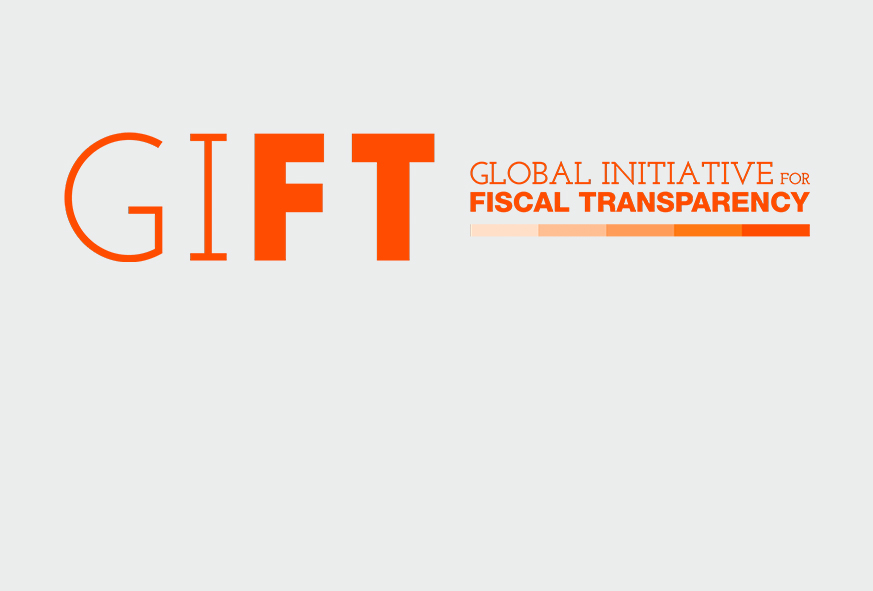|
The World Bank’s Spring
Meetings were the setting of a
high-level dialogue on fiscal
transparency between ministers
of finance of six countries
and emerging market investors,
organized by IBP, the
Philippines Department of
Finance and the Department of
Budget and Management, the
U.S. Department of the
Treasury, the Emerging Markets
Investors Alliance, and the
International Monetary Fund
(all GIFT stewards).
The event
successfully brought
together ministers of
finance from the
Philippines, Serbia,
Paraguay, Angola, Egypt,
and Ghana and a group of
investors to discuss how
countries can improve
their access to
international financial
markets. The discussion
was very useful and
allowed participants to
better understand the
information and data
that investors and other
users seek on national
budgets and finances.
A number of possible
next steps were
discussed in the
meeting, including how
participants could join
GIFT, which could use
existing diagnostics
from the IMF and IBP to
tailor individual
country recommendations
for improving fiscal
transparency and provide
a peer engagement forum
and technical assistance
on improving
transparency.
Other possible steps
could involve organizing a
follow up event to focus on
specific fiscal transparency
topics of interest to
investors and governments
(such as reporting of
contingent liabilities and
disclosure of assumptions
used by governments to
project revenues) or
commissioning new research
to assess the impact of
fiscal transparency on
credit ratings.
|

